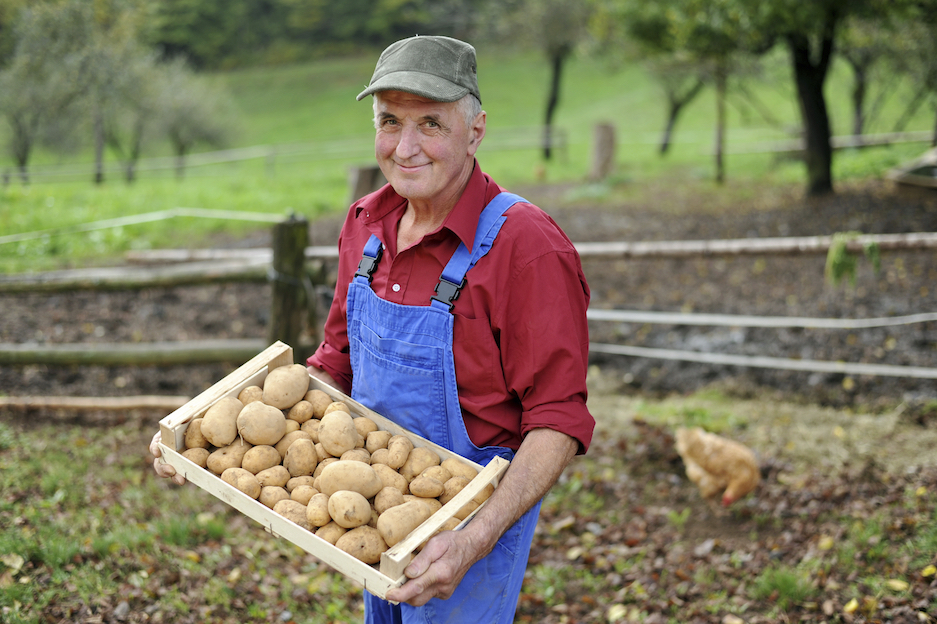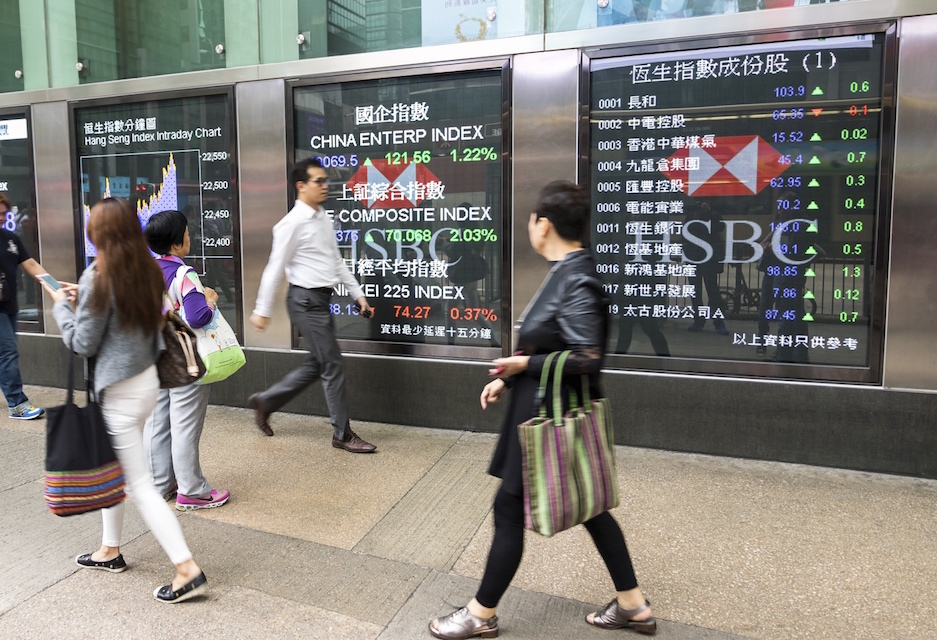Wisconsin Farmers Are Rooting Against Ginseng Tariffs
As trade tensions between the United States and China simmer, some American products – particularly food and agriculture – have been caught in the crosshairs. In early April, China announced $3 billion worth of tariffs on 128 U.S. goods including fruit, wine and nuts, in response to the Trump administration’s preliminary decision to impose tariffs on steel and aluminum.
While you may have heard about the impact China’s new tariffs will have on apple farmers in Washington and almond growers in California, there’s another group of American farmers who will be directly affected — ginseng farmers in Wisconsin.
The deep roots of the American ginseng trade
Used in both Chinese traditional medicine and Western health supplements, ginseng is a tan, gnarled root that is commonly mistaken as purely Asian in origin. But there are actually two types of ginseng: Asian ginseng (panax ginseng) and American ginseng (panax quinquefolius). Both types are sought after for health benefits, but Asian ginseng is known for its stimulating and heating properties, while American ginseng is known for its cooling and soothing properties. Together, they create a “yin and yang” effect.
American ginseng was originally found growing wild in the Appalachian mountain range in the United States and Canada. It was used by Native American tribes for medicinal purposes, such as treating headaches, fever, indigestion and infertility. Wild American ginseng is now considered an endangered species due to the root being overharvested in its natural habitat.
The majority of ginseng produced in America today is cultivated on farms. Once planted, it typically takes four years before the ginseng root is ready to harvest. After the fall harvest, the roots are refrigerated for up to 20 days before being washed and dried for an additional 14 days in a special ginseng dryer. The roots are then sorted, barreled and shipped to consumers across the globe.
The state herb of Wisconsin
Wisconsin farmers have been growing the American-variety of ginseng for over a hundred years. Today, the Badger State is responsible for over 90 percent of America’s homegrown ginseng supply. In 2017, Wisconsin legislators even signed a law officially designating ginseng as Wisconsin’s state herb.
Unfortunately for Wisconsin, China imposed a 15 percent tariff on the root effective April 1, 2018 — which is a big deal for ginseng farmers who depend on demand from Chinese consumers. In 2017, Wisconsin exported 85 percent of its American ginseng to China for a total of over $30 million dollars in sales, according to the Ginseng Board of Wisconsin.
These tariffs could be particularly damaging to Marathon County, Wisconsin. Home to some 135,000 people, this central Wisconsin county single-handedly produces 95 percent of Wisconsin’s annual output of American ginseng. The county even hosted an International Wisconsin Ginseng Festival last year to celebrate the root, offering festivalgoers a number of ginseng flavored creations such as ice cream and beer.
The root of the tariff problem for Wisconsin farmers
Tariffs are essentially taxes that governments put on specific imported goods or services. Once a tariff is in place, importers now have to pay more to import the same product. Importers typically pass along this extra cost to the consumer by raising the price of the imported product to cover the tariff cost. This makes the imported product more expensive and less attractive to foreign consumers. When the prices go up, consumers will likely start looking for other more affordable options— and in the case of American ginseng that means turning to Canada.
Canada is also a top producer and exporter of American ginseng (referred to as North American or Canadian Ginseng in Canada). In 2017, Canada exported over $178 million worth of ginseng to the rest of the world. Its top buyer was Hong Kong, followed by Mainland China.
The Ginseng Board of Wisconsin said it is “very concerned” about the 15 percent tariff shifting sales from Wisconsin to Ontario. “This duty could be detrimental to our industry as many Chinese distributors have expressed concern that they may have to shift purchases to Canadian ginseng,” the organization said in a press release following the tariff announcement.
The direct impact on local farming communities
Marathon County serves as an important example of how national trade policies have the power to directly impact local communities whose resident’s livelihoods depend on international trade. And Wisconsin ginseng farmers are not the only U.S. farmers who have grown dependent on selling their products to the Chinese market.
Last year, the United States exported $19.6 billion worth of agricultural exports to China, the second largest market behind Canada. Unfortunately for American farmers and exporters, China’s announced tariffs on apples, nuts, wine and ginseng could be just the start. China has already announced a list of 106 additional products that could be hit with $50 billion worth of tariffs – including soybeans, corn, cotton, and tobacco— to be imposed at a later date if the United States follows through with its threat of $50 billion worth of tariffs on Chinese goods.
There remains time for cooler heads to prevail and for the United States and China to negotiate a solution before more tariffs are imposed. But if the tit-for-tat tariff battle comes to fruition, you can likely add the Tennessee Soybean Festival and the Midwest’s Sweet Corn Festivals to the list of occasions that, like the International Wisconsin Ginseng Festival, may have less to celebrate this year.




